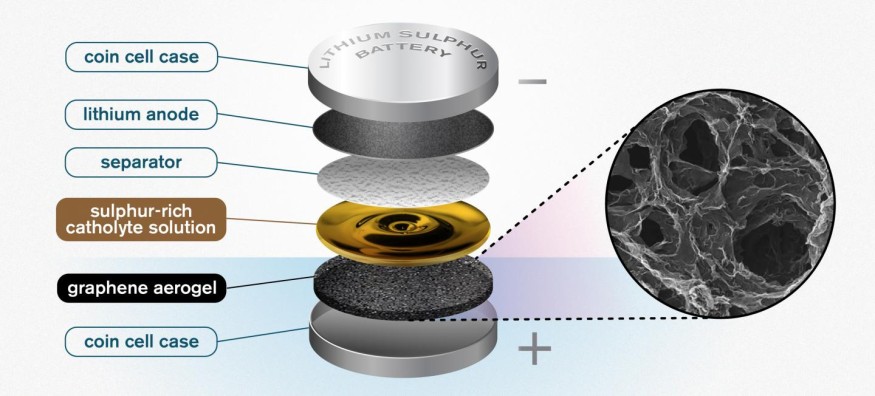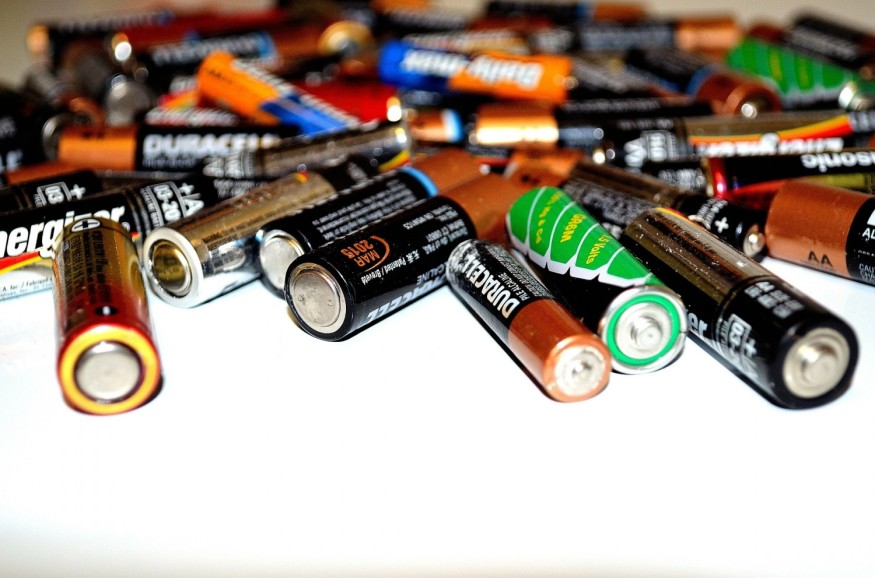According to a new study, recycled lithium-ion batteries are as good as, if not better than, new lithium-ion batteries manufactured using newly mined materials. The research was carried out by Yan Wang, a mechanical engineering professor at Worcester Polytechnic Institute, and a team of researchers from the US Advanced Battery Consortium (USABC).
The research included A123 Systems, a battery manufacturer, as well as Wang and his colleagues. According to the study, batteries and cars don't have to worry about recycled battery materials being as excellent as newly mined minerals.
"In general, people's opinion is that recycled material isn't as excellent as virgin material," Wang told IEEE Spectrum. As a result, battery manufacturers continue to be hesitant to incorporate recycled materials in their products."
Related Article : Will Charging EV Batteries Be as Effecient as Pumping Fuel?
Recycled Lithium Batteries

The researchers used recycled NMC111 cathodes, which are the most prevalent variety, to test the batteries. These are composed of nickel, manganese, and cobalt in equal proportions and were created using a process patented by Battery Resourcers, a company Wang co-founded.
The research published in the academic journal Joule found that recycled materials are seen as inferior to commercial materials, which is a barrier for an industry that needs to use recycled components in new batteries. However, in the study, the researchers proved that recycled NMC111 cathodes are superior in rate and cycle performance, and they backed it up with industry-standard testing.
According to IEEE Spectrum, the recycled batteries were not tested in automobiles to simplify the team's testing. Instead, the researchers created 11 Ampere-hour industry-standard pouch cells with the same density of materials as EV batteries.
The majority of the testing was done by A123 Systems engineers using a methodology developed by the USABC that satisfies commercial viability criteria for plug-in hybrid electric vehicles, according to Wang. According to the report, the findings demonstrated that recycled cathode materials are a feasible alternative to new materials.
Related Article : Using Electricity to Power Houses and Vehicles Can Help Save Thousands of Dollars Per Year
Wasted Batteries

According to Battery Solutions, Americans, 323 million people, waste away an estimated 3 billion batteries per year.
This applies to all types of batteries, not only lithium-ion batteries. This, however, highlighted the need for battery recycling. Given the current environmental crisis, the thought that battery snobs are out there staring down their long noses at used batteries is ridiculous. We need to get over ourselves and get rid of mindsets like this. What good are new batteries if we're all dead from natural calamities induced by climate change? That may seem far-fetched, but that is our future if we do not act quickly.
Also Read : Using Electricity to Power Houses and Vehicles Can Help Save Thousands of Dollars Per Year
For more news about making the environment sustainable, don't forget to follow Nature World News!
© 2025 NatureWorldNews.com All rights reserved. Do not reproduce without permission.





